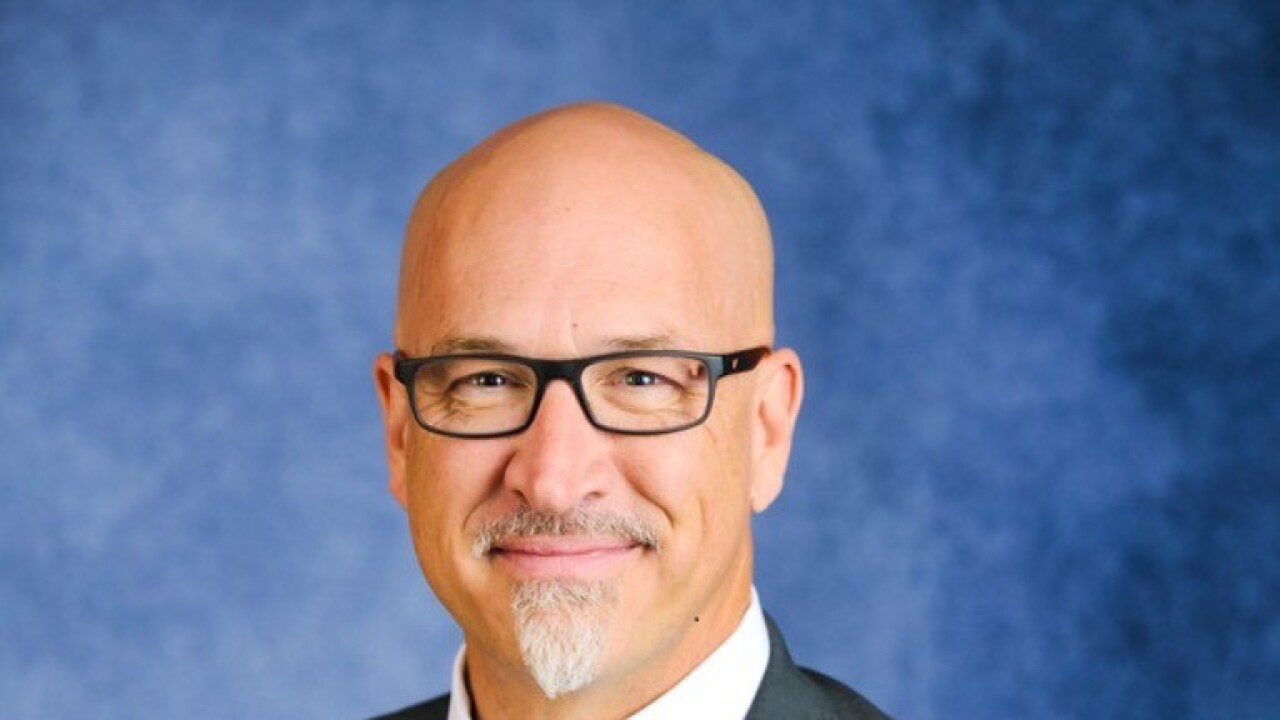There’s a saying that the only constant in this life is change. And while that may be true — and certainly makes life more interesting — I certainly can’t blame the band of employer groups that are saying there is such as thing as too much change … at least all at once.
Between trying to comply with
According to a recent report in Business Insurance, the groups are asking the Employee Benefits Security Administration to put off for a year the effective date for the Paul Wellstone and Pete Domenici Mental Health Parity and Addiction Equity Act. Their reasons, outlined in greater detail in the
1. There’s too little time to implement the necessary changes to medical and behavioral health plans to ensure compliance.
2. Even if employers had time to comply, there’s no way they’re willing to risk their grandfathered status under the Patient Protection and Affordable Care Act to do it.
(As you know, employers are tiptoeing around changing so much as one word in their plans, since there’s been no real guidance on what exactly is the tripwire that would cause a plan to lose grandfathered status.)
For the record, I think both reasons are perfectly reasonable. I mean really, the interim final rule on MHP was issued in February, PPACA passed and signed in March, yet employers are supposed to finalize plans to comply with major components of both laws in less than a year?
I wholeheartedly agree with Gretchen Young, senior vp for health policy at the ERISA Industry Committee, who told BI bluntly, “We can’t turn on a dime.”
According to the BI article, the Department of Labor has received more than 5,000 comments on the final mental health parity rules. While I have absolutely zero regulatory authority, I’d still like to hear some of your comments about your struggles to comply with MHP, if any.
Has achieving compliance been easier/harder than you anticipated? How has PPACA’s passage thrown a monkey wrench into your MHP efforts?





